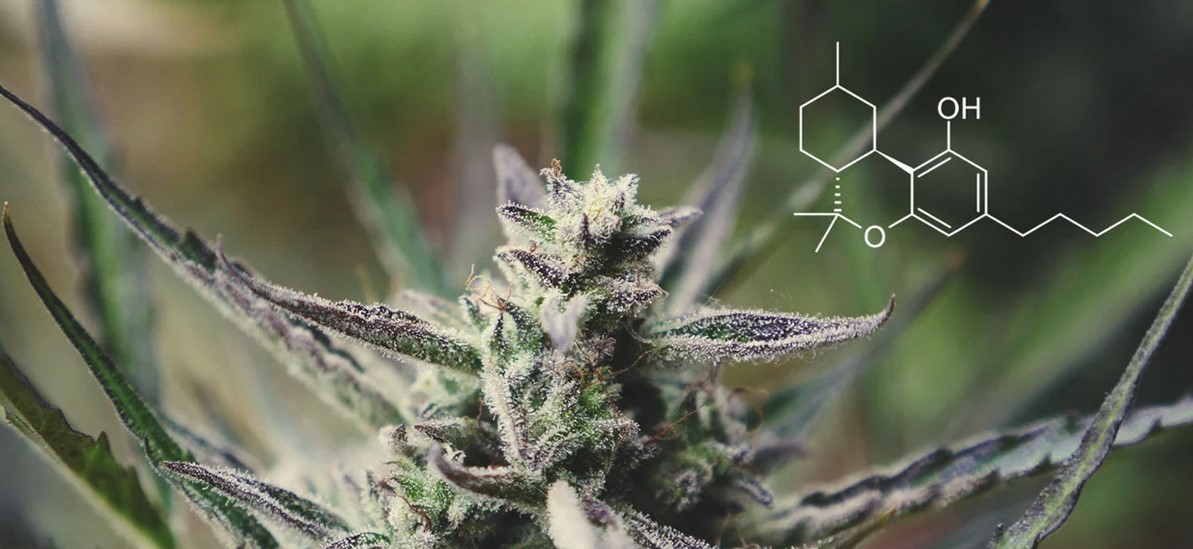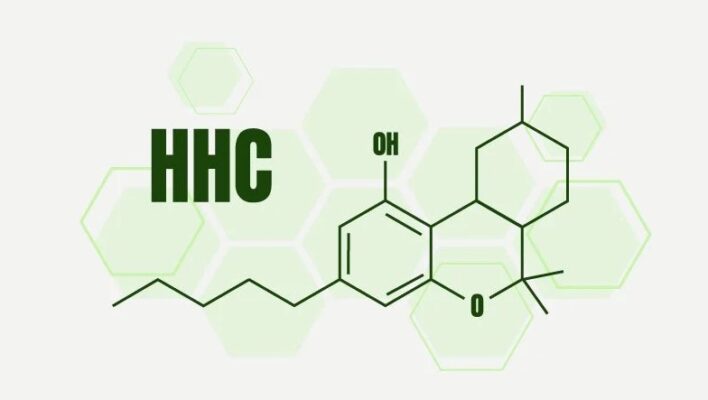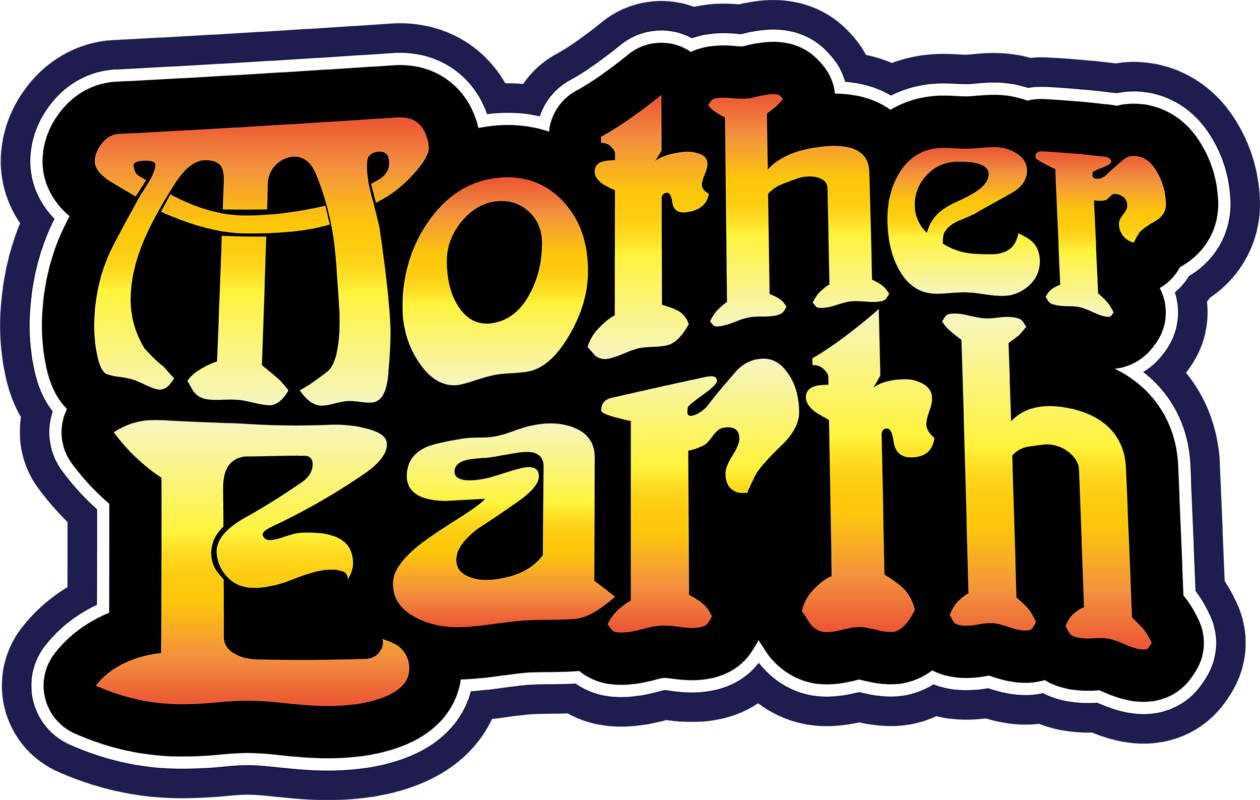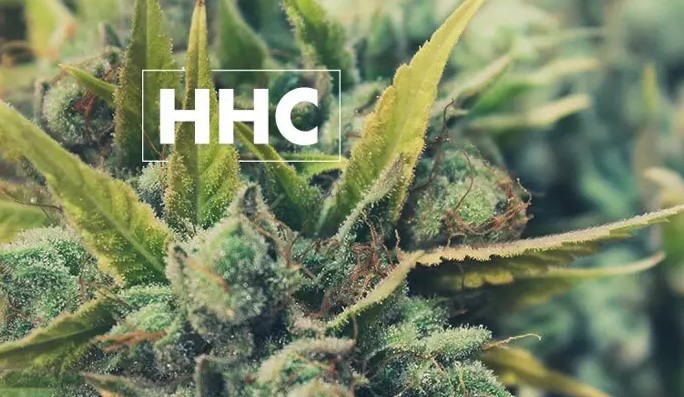Uncategorized
What is Hexahydrocannabinol (HHC)
Hexahydrocannabinol (HHC) is a phytocannabinoid found in the cannabis plant that is classified as a minor cannabinoid. HHC is a hydrogenated version of tetrahydrocannabinol delta-8 and delta-9 (THC). Despite its presence in Cannabis sativa at low levels, it may be manufactured from hydrogenation (the addition of molecular hydrogen to a double bond) of cannabis extracts. Cannabidiol can also be used to create HHC (CBD).
HHC is found in trace amounts in the cannabis plant. It’s easy to produce in a lab and is therefore popular among businesses. Many marijuana users believe that THC is the most important component. According to research, apart from it, many additional components influence the impact of smoking cannabis. Let’s look at what HHC THC is and what we already know about hexahydrocannabinol so you can decide whether or not you want to consume it and how to do it safely.
Roger Adams and his team created HHC as part of their study on the active chemicals found in marijuana plants. They also discovered that, through a disproportionation reaction of THC to CBN, HHC might be artificially made in a lab setting. This is significant because, like CBN, the cannabinoid HHC may already exist naturally as a breakdown product in mature cannabis vegetation and extracts
Hexahydrocannabinol Benefits
Though HHC hasn’t been studied as much as other cannabinoids such as delta 9 THC or CBD, there has been some encouraging evidence. According to 2011 research, some synthetic analogs of HHC actually “significantly suppressed breast cancer cell-induced angiogenesis and tumor development.”
Some have said that HHC makes them feel happier over time, rather than all at once. It also is known to make people more active, which is not as common with other THC drugs.

How Strong is HHC?
HHC has a lower affinity to cannabinoid receptor 1 (CB1) than THC and thus causes less intoxication and psychotropic effects. Estimates say that HHC is 20% less potent than THC, yet it may be more effective. Possible outcomes of HHC include pleasure, excitement, and enhanced intellect.
Hexahydrocannabinol is a psychoactive cannabinoid that has been shown to elicit euphoria in users. Overall, the feeling is relaxing. It’s a fantastic way to start or close your day, based on personal preferences. The high durations between two and three hours depending on dosage, HHC metabolism in the body, and frequency of HHC usage with other medicines.
HHC Meaning & History
In the 1940s, chemist Warren Adams (no relation to Benjamin) developed hexahydrocannabinol, which is a chemical component of cannabis. Adams derived HHC from THC by adding hydrogen molecules to delta-9-THC in a process called hydrogenation. This converts THC into the more shelf-stable HHC, similar to how margarine is made from vegetable oil.
Although it was created over seven decades ago, not much research has been conducted on HHC and its potential effects. However, we do know that saturation with hydrogen atoms tends to prolong the molecule’s shelf-life. There are at least ten versions of HHC in existence today, including 7-OH-HHC and HU243 (in addition to the original hexahydrocannabinol).
HHC is the direct opposite of CBN. Where THC creates double bonds as it breaks down, HHC has two extra hydrogen atoms in its structure because there are no double bonds present. With this change, the molecule’s binding affinity for CB1 and CB2 receptors in the body shifts.
HHC is much more resistant to degradation when exposed to heat and light than delta-9-THC, meaning that it will maintain its potency for significantly longer.
HHC vs. THC
Both THC and HHC have almost exactly the same chemical makeup. The main difference is that HHC has two additional hydrogenated carbons, while THC does not have an ester atom or carbon bond. Because HHC lacks double bonds in its molecular structure, it differs chemically from THC. When converting to HHC, all of the double bonds in THC are broken and replaced with hydrogen atoms
The process of hydrogenation results in the creation of HHC, a THC byproduct that contains more double bonds. This is unlike CBN (cannabinol). Because of these structural changes, HHC is a much more stable molecule than THC. It can better withstand heat and UV rays. Consequently, products containing HHC tend to have a longer shelf life.
HHC vs. Delta 8
HHC, much like Delta-8, has shown to give consumers a sense of ease. However, HHC is the only cannabinoid that carries many of the same traits as Delta 9 does specifically as a Sativa.
HHC is likely more intoxicating than delta-8 but less so than delta-9, based on its chemical makeup. Hexahydrocannabinol is possibly up to 80% as intoxicating as D9, according to estimates. Generally speaking, any THC compound with four or five carbons has intoxicating effects. For instance, THC compounds with a delta of 8 (THC), 9 (THCP), or 10 ( THCA) have five carbons while THCP— the most potent version of THC — has seven carbons .
How the Body Reacts to HHC Weed
THCV has a comparable chemical make-up to THC, though it produces less of an effect. As with THC, some users find that HHC provides them a pleasurable sensation when they ingest it. However, determining what this feeling is might be more difficult. At least for the immediate future.
HHC marijuana produces a high that is similar to a Delta-9 THC Indica strain, but it is not as strong. It also has some potential medical advantages that are comparable toDelta-9 THC. Some of the effects of HHC include:
- Control persistent pain;
- Reduce inflammation;
- Reduce nausea and vomiting;
- Make sleeping simpler and more peaceful;
- Reduce stress and anxiety.
However, because the effects of HHC are comparable to those of THC, we expect the adverse effects will be as well. Possible HHC side effects include:
- Anxiety;
- Paranoia;
- Insomnia and sleep disruptions;
- Lowers blood pressure and increases heart rate;
- Appetite stimulation;
- Red eyes;
- Mouth dryness;
- Nausea.
Although some people consume HHC products for medicinal reasons, there is no evidence to support these claims. Furthermore, many people use hexahydrocannabinol substances for their intoxicating effects.

Is HHC safe? What Scientists Say
The safety of HHC is unknown, and there are no studies on its safety profile. However, based off current reports and research associates with using HHC or its products, there appears to be little-to-no risk for side effects, overdose or mortality. In fact, evidence suggests that HHC may actually be safer than THC.
When trying to find Delta-9 THC alternatives that are both safe and effective, the most crucial aspect to consider is the safety of any new cannabinoid. Nothing is known about HHC’s recommended dosage, possible negative effects, or other potential concerns as a result of its recent invention.
There is no specific criteria for the strength or purity of Hemp-derived CBD because it is not regulated for adult usage. The best thing to do would be to buy from manufacturers that test their products independently to confirm what exactly is in your vape or consumable. Even though claims have been made that Hemp-CBD is harmless due its derivation from hemp plants, there has yet to confirm on this front. However, the lack of research creates more questions than it does answers. Despite no reports of any issues, that does not always mean it is safe. There is very limited information on long-term effects and even less for short to medium-term effects because these products are so new to the market.
How to Сonsume HHC Cannabinoid Сorrectly
Experts have strongly advised against inhaling cannabis or cannabinoid substances via vaporizers. This is due, in part, to research demonstrating that smoking marijuana using vape devices can cause lung damage in users.
To find out how much HHC is optimal for you, start with a low dose and gradually raise it until your body responds accordingly. The duration that HHC stays in your system depends on consumption frequency, but no more than 2-3 weeks.
Conclusion
The global market for HHC and similar substances will most likely continue to grow as long as government prohibition is in place. In order for the hydrogenated cannabis business to expand, creating analytical standards, legislation, collecting data from toxicological research and clinical trials, and educating consumers will all be vital.


